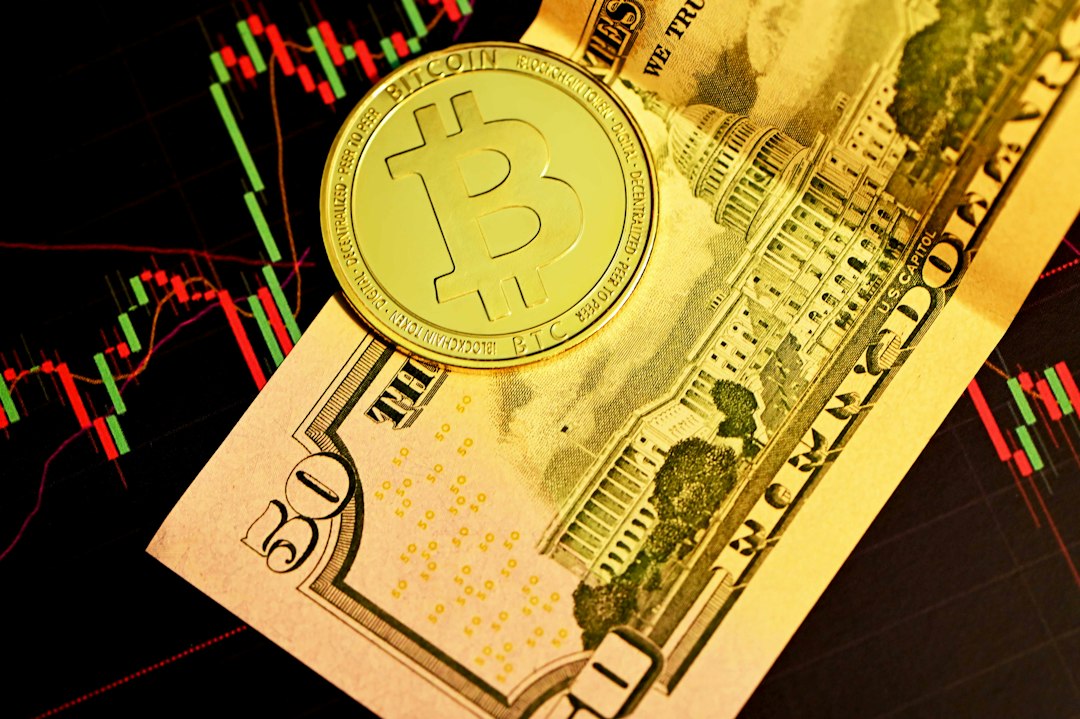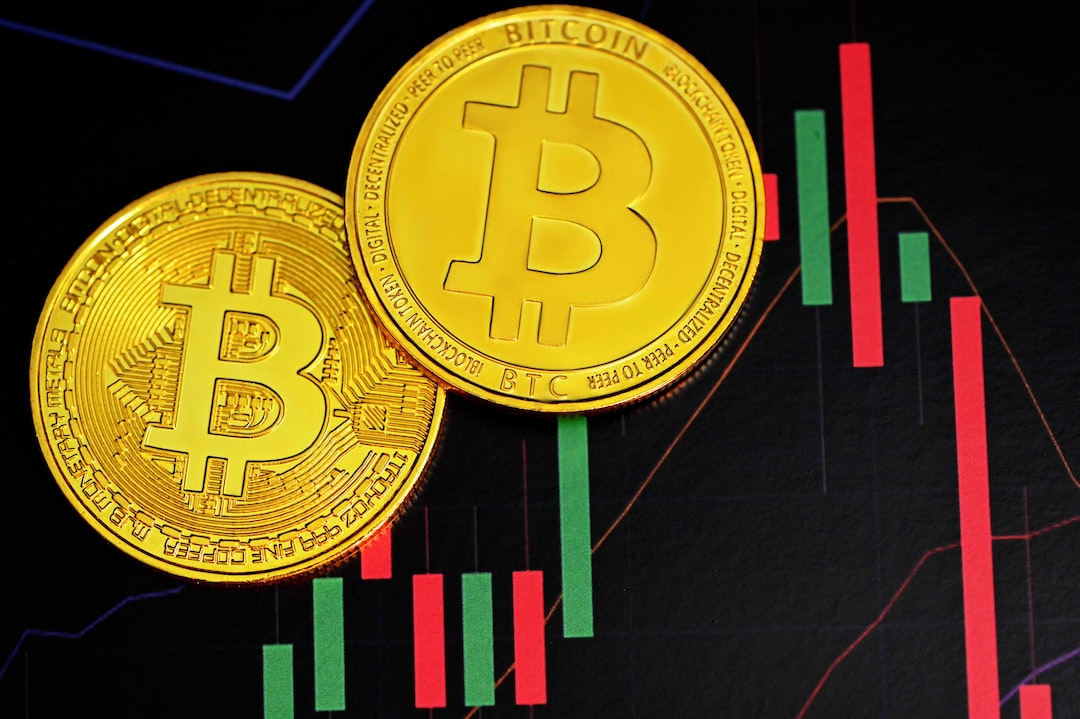The Unpopular Vaccine Mandate
During the pandemic, Canadian truckers who traveled to the United States were required to receive the COVID-19 vaccine, which sparked a protest known as the “Freedom Convoy.” Truckers blocked the streets of Ottawa in opposition to the mandate, receiving support from many people in Canada and abroad.
Supporting the Protest
To sustain their protest, the truckers needed financial assistance for expenses like food, accommodation, and legal fees. However, their bank accounts were frozen or unable to receive cash donations. As a result, they announced that they would accept donations in cryptocurrency.
Broadening Interpretation of the Law
In response to the acceptance of crypto donations, the Canadian Government expanded its interpretation of the Canadian Emergencies Act. This allowed them to freeze transactions involving cryptocurrency and other forms of money.
Criticism and Legal Victory
The Canadian Civil Liberties Association (CCLA) and figures within the crypto industry condemned this action. However, a ruling by the Federal Court of Canada declared that freezing crypto transfers under the Emergencies Act was unconstitutional.
No National Emergency
According to Justice Richard Mosley, the protest did not qualify as a national emergency, making the use of the Emergencies Act unreasonable and unconstitutional.
A Win for Democracy
The CCLA expressed gratitude for the court’s careful review and stated that emergency powers should only be used in extreme circumstances. The court’s decision prevents these emergency powers from being used as a precedent in similar situations in the future.
Hot Take: Protecting Civil Liberties
The ruling by the Federal Court of Canada is a significant victory for civil liberties and democracy. It establishes that emergency powers should not be invoked unless there is a genuine national emergency. This decision safeguards individuals’ rights and prevents the misuse of power by the government. While it may not directly benefit the truckers whose donations were frozen, it sets an important precedent for future cases. Upholding the principles of democracy and protecting civil liberties should always take precedence over hasty and unconstitutional actions.





 By
By
 By
By
 By
By
 By
By

 By
By